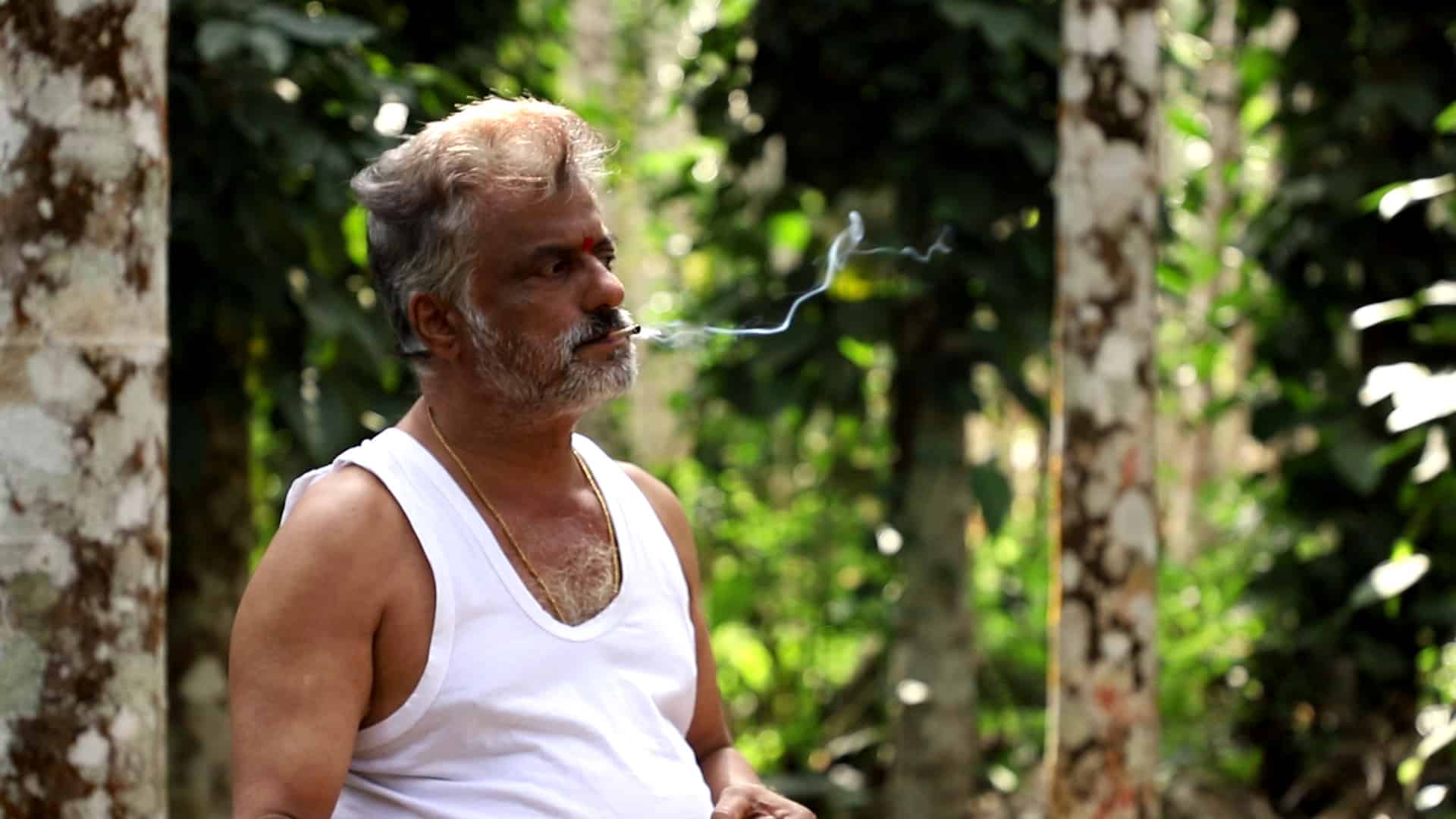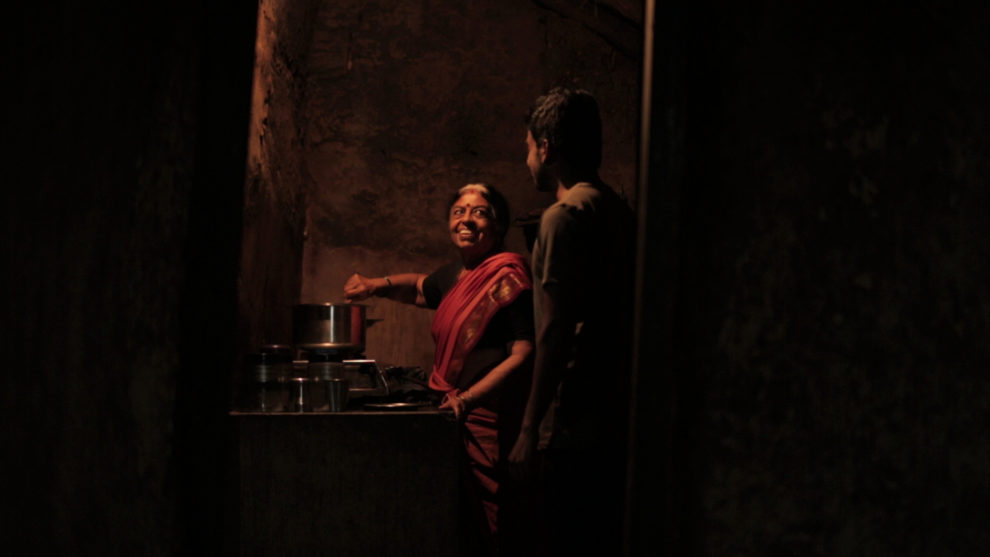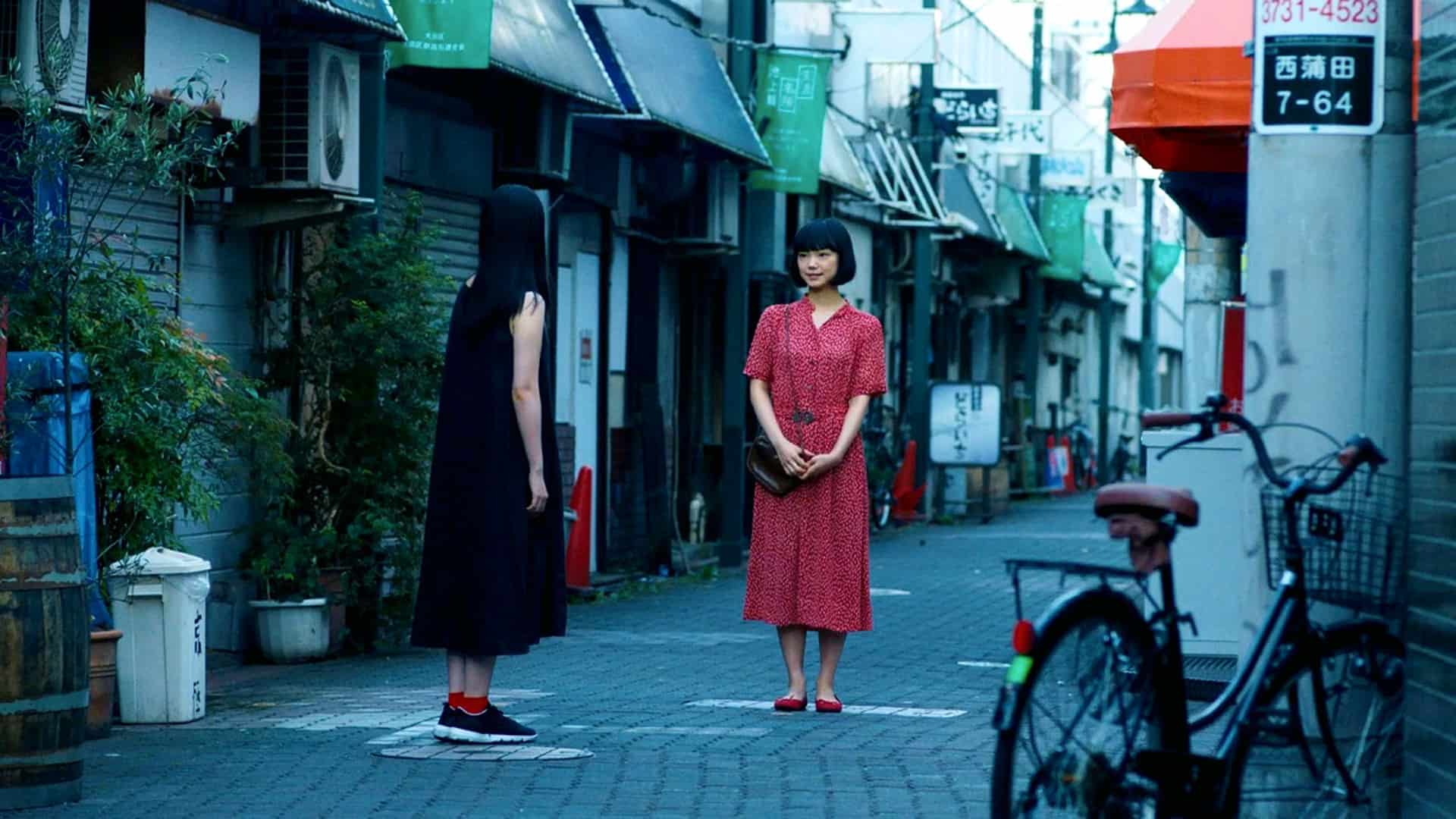Through our Submit Your Film Initiative, we have been following Abhilash Shetty's cinematic path since 2019, through his rather interesting shorts. Thus, it was time to watch a feature of his, with the somewhat Shakespearean “The Chicken Curry” being his debut in long form.
“The Chicken Curry” review is part of the Submit Your Film Initiative

Mahabala and Vanaja are an elderly couple who make a living by cultivating their land with the help of three workers, Maanja, Haala and Sathish. Vanahas seems to be overworked and Mahabala somewhat addicted to beedi smoking but the two of them seem happy and content, sentiments that become even more intense, when they learn that their grandson, Sumanth, who has been studying in New Delhi, will come to visit after three years. The couple decide to prepare chicken curry for him, and they pick the most healthy rooster for the dish, tasking their workers with catching him. Sumanth soon arrives, and he could not be more excited about the dish, but unfortunately, when Mahabala goes to fetch the trapped rooster, the animal is nowhere to be found. The search of the three of them leads nowhere, and Mahabala decides to visit a local astrologer, who lets him know that someone close to him stole the rooster. Inevitably, the suspicions fall on the three workers.
Abhilash Shetty directs a film that unfolds in two axes. The first, and most central one revolves around the disappearance of the rooster, which the director presents through an approach that is both funny and contextually rich, which brings us to the second axis, that of life in rural India, with the focus being on Kannadan customs and everyday tendencies. In that regard, the film explores the local culinary, where curry seems to hold a rather central role, along with various agricultural products like Areca nuts and betel leaves, and their combination that leads to the paan. At the same time, the life people who cultivate the land live is also on focus, with the most impressive aspect being the almost complete lack of technology, with the exception of an old TV and a mobile phone that is hanging in a plastic bag in the only place near the house it can get signal, which is also implemented in humoristic fashion.

At the same time, the first element also makes a number of comments in similar fashion, as it also helps in character analysis, particularly of strong-headed Mahabala, who emerges as the protagonist here. The difference in caste and the relationships of boss-workers and husband-wife also come to the fore here, as much as the difference between the city kid and the farmers, which also comments on the generation gap, that is quite visible throughout the movie. The belief in astrologers and a number of other customs, as the swearing on a coconut also add to this element, as they also progress the story in situational fashion, which is the elements that mostly reminds of Shakespear along with a “Much Ado About Nothing” element, which is turned, somewhat, on its head here though, eventually resulting in a crime and punishment comment.
The combination of whodunit and documentary-like approach to the particular life works quite well for the narrative, with the second benefiting the most by Swaroop Yashwanth's cinematography, who captures the whole setting with realism, particularly focusing on the various culinary tendencies, even including images of fish sellers in the market, whose products, however, seem filled with flies. Shetty's own editing also works well, through a rather fast pace that works nicely in entertainment terms.

At the same time, however, the story emerges as a bit uninteresting, particularly to the Western eye, as the whole thing appears too local to appeal to any kind of outsider, particularly outside the documentary-like elements, essentially lacking in providing any kind of excitement for the viewer, in an effort that it seems it would work better as a short rather than a feature. The acting, with the exception of Prabhakar Kunder as Mahabala does not help in that regard also, with many of the protagonists barely acting on occasion, with the partial exception of Radha Ramachandra as Vanaja, who could definitely have a bigger part here, and Shetty himself as Sumanth, who has, though, a very undemanding role. Particularly Ganesh Mogaveera, who plays a rather crucial role as Manja, does not deliver in the best fashion, essentially faulting the film, especially in some key scenes.
Lastly, the ending comment, which seems to be that focusing on logic rather than any kind of rituals and folklore is the way forward, also seems a bit lackluster, particularly in the way Shetty implies that the opposite will bring some kind of punishment.
“The Chicken Curry” suffers from a number of issues, particularly regarding the writing, but is an interesting film which is also well shot, and definitely a rather hopeful feature debut.















